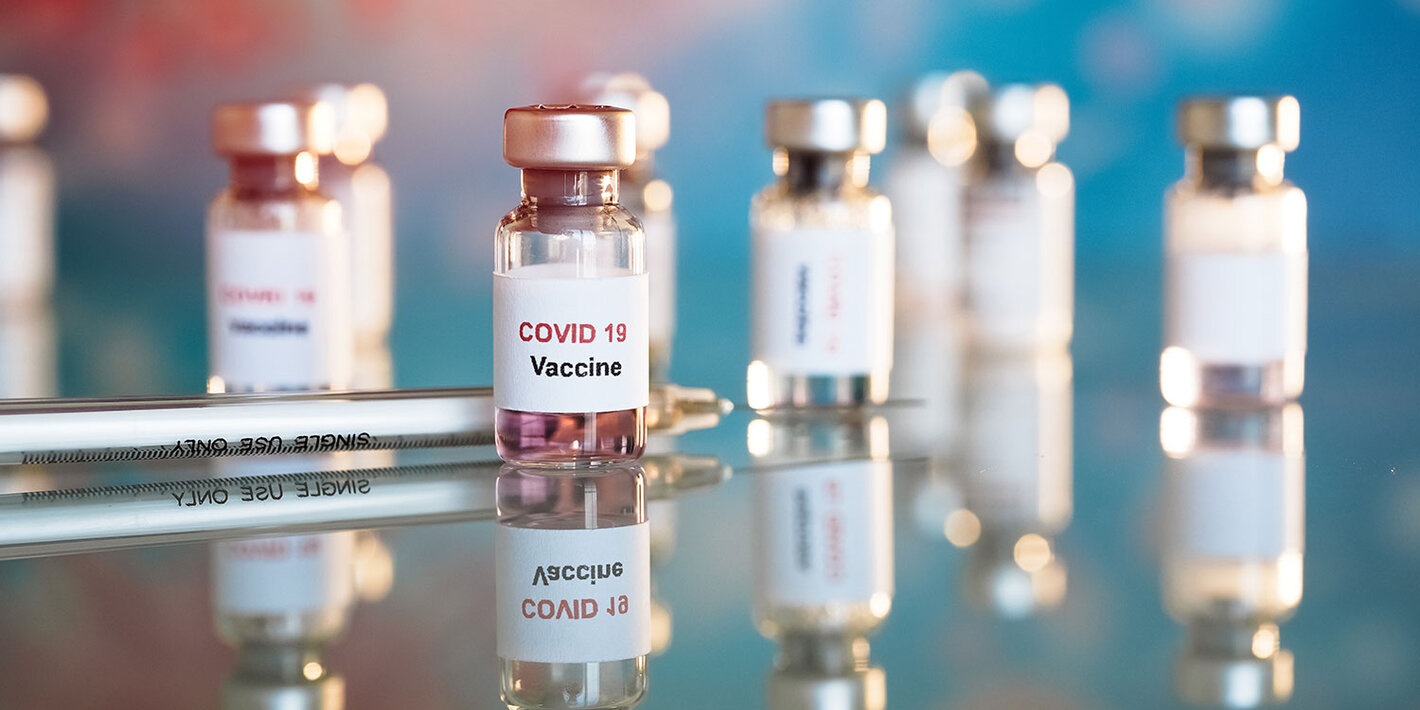
Although sepsis is most often caused by a bacterial infection, COVID-19, a viral infection, can and does cause sepsis.
Vaccination is critical to preventing the deaths and severe disabilities that can result from sepsis. Dying from septic shock is a hard, painful death, just as dying from COVID-19 is. The opportunity to be vaccinated when the vaccines become available should not be wasted. A recent poll showed 43% of Americans are concerned that the vaccine itself might infect them with COVID-19. This is scientifically impossible as the vaccines do not contain the virus. This common misconception demonstrates the urgent necessity of educating the public about how these new vaccines work.
To restate this critical point, the two vaccines that will be on the market first (from Pfizer and Moderna) do NOT put a weakened or inactivated virus–SARS-CoV-2, which is responsible for COVID-19–into our bodies. Instead, they use pieces of genetic code to cause an immune response. This type of vaccine is called an mRNA vaccine (messenger RNA). The vaccines do not alter human cells but present the body with instructions to build immunity to COVID.
Stopping a pandemic requires using all tools available. Vaccines are a big part of the solution but until vaccination of the population is complete, we must remain vigilant and continue to cover our mouth and nose, practice social distancing and wash our hands whenever possible. It is a case of avoiding infection first and foremost.
The symptoms of COVID-19 that may present if you are ill are:
- fever and chills
- cough
- shortness of breath or difficulty breathing
- fatigue
- muscle or body aches
- headache
- new loss of taste or smell
- sore throat
- congestion or runny nose
- nausea or vomiting
- diarrhea

